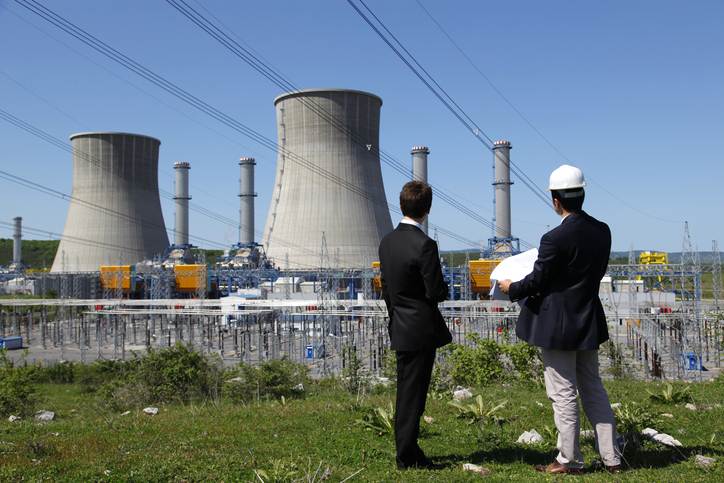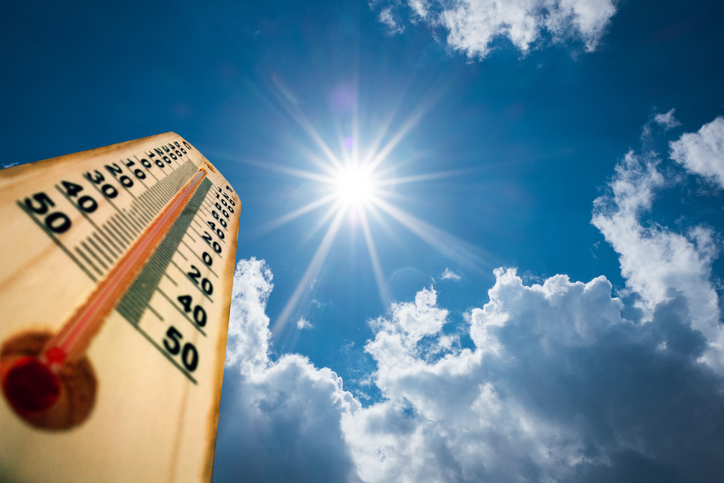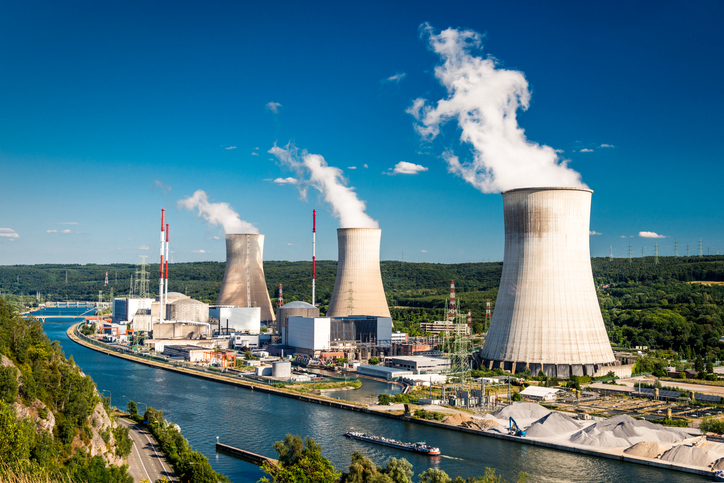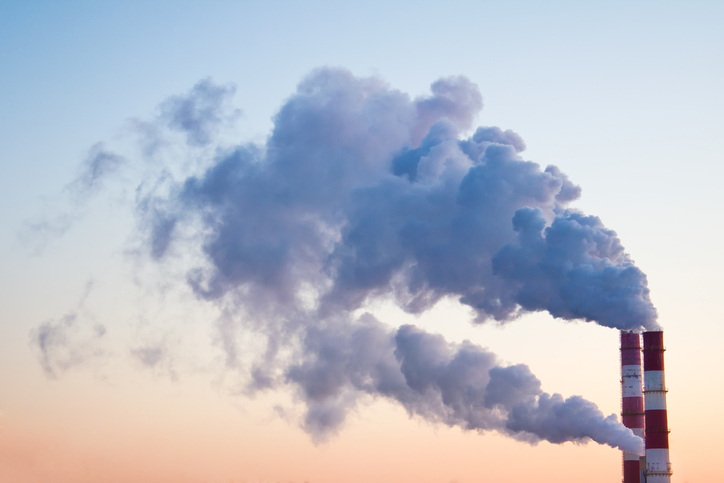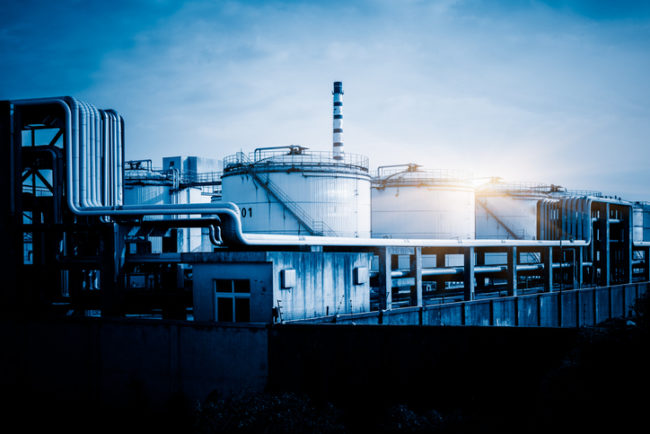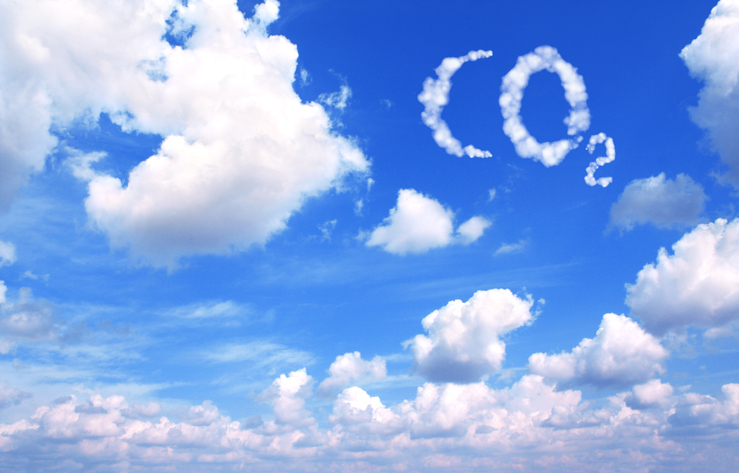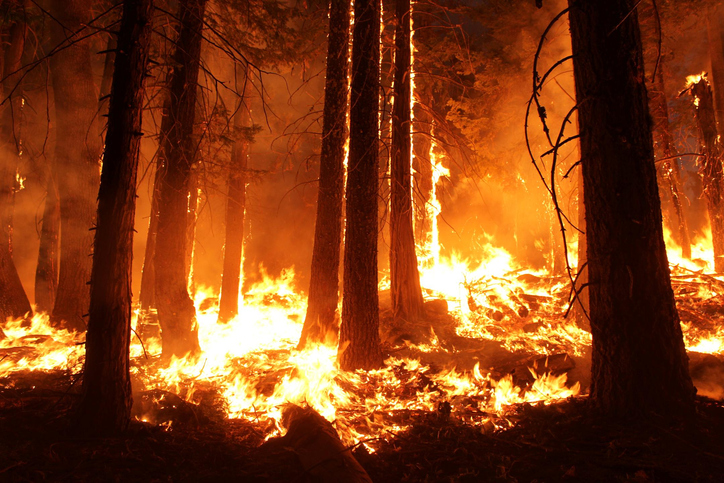“Global warming and solutions thereto must be addressed by the two other branches of government,” said district court judge John Keenan last July in nixing New York City’s climate change nuisance suit that seeks to hold major oil companies liable for global-warming related injuries resulting from greenhouse gas emissions. New York City appealed Judge Keenan’s dismissal to the second circuit, arguing that its action is not an attempt to regulate emissions.
Late last week, hearing New York City’s appeal of Judge Keenan’s dismissal, the second …
Continue Reading

